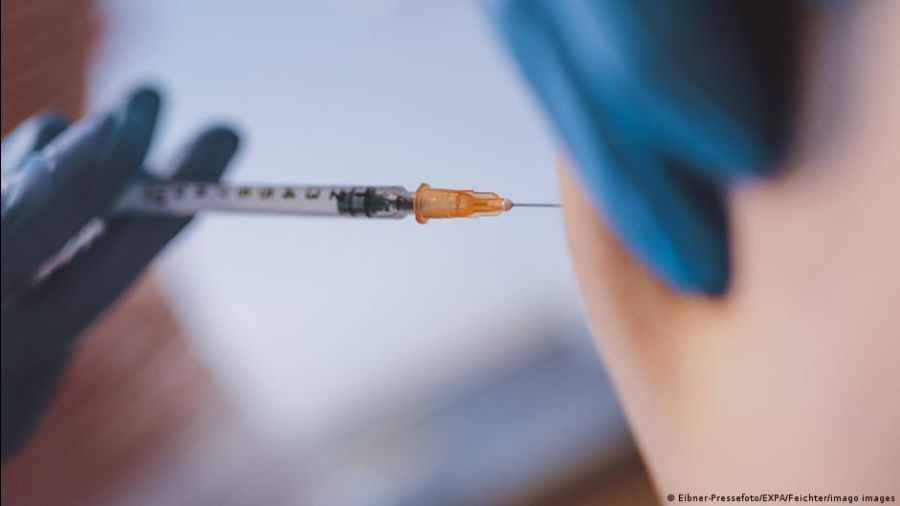Poor sleep in the days before and after vaccination can impair the immune responses necessary for the vaccine’s effectiveness, health researchers said in a study released on Monday.
The researchers found that people who had less than six hours’ sleep around their vaccination date produced fewer antibodies than those who slept seven hours or longer.
“We believe the evidence is strong enough to recommend seven to eight hours of sleep for people around vaccination time,” Karine Spiegel, a sleep researcher at Inserm, the French National Institute for Health and Research, Lyon, and the study’s lead author, told The Telegraph.
Several earlier studies had hinted that differences in sex, age and body fat, a history of smoking and high blood pressure can influence the body’s response to vaccines. But, Spiegel underlined, such factors are hard to change fast, if at all possible.
Sleep, however, is a behaviour relatively easy to modify. Spiegel and her colleagues have found that insufficient sleep — defined as less than six hours per night — around the vaccination date reduces antibody responses.
This lowered antibody response is similar to the waning of antibodies seen about two months after vaccination against Covid-19.
The researchers pooled the results of seven earlier studies involving vaccinations against influenza and hepatitis and conducted a meta-analysis — the use of statistical techniques to combine the results of separate studies and generate evidence that is stronger than possible from the individual studies.
They observed the effects of sleep duration on vaccine responses against both influenza, a respiratory virus, and hepatitis, which affects the liver.
They found that the influence of sleep is a general biological effect that can extend also to vaccines against other viruses.
The researchers said their findings add to an abundance of existing evidence that sleep plays a key role in maintaining a strong immune response.
The interactions of the immune system’s components during sleep reinforce the system’s ability to remember how to recognise and react to dangerous microbes, said Eve Van Cauter, professor of medicine at the University of Chicago and the study’s senior investigator.
“When sleep is short, these interactions are less efficient. And insufficient sleep is also associated with higher inflammation,” she said. But, the researchers say, there is still much more to learn about the interaction between sleep and vaccination.
For instance, the effect of sleep in men was strong and highly significant but the effect was smaller and more variable in women.
The scientists suspect this difference owes to changing sex hormone levels in women.
“We need to understand the role of hormones in this sex disparity,” Spiegel said.
“We also need to learn about how many days of short sleep duration affects the antibody response and what is the optimal time interval relative to the day of inoculation.”











